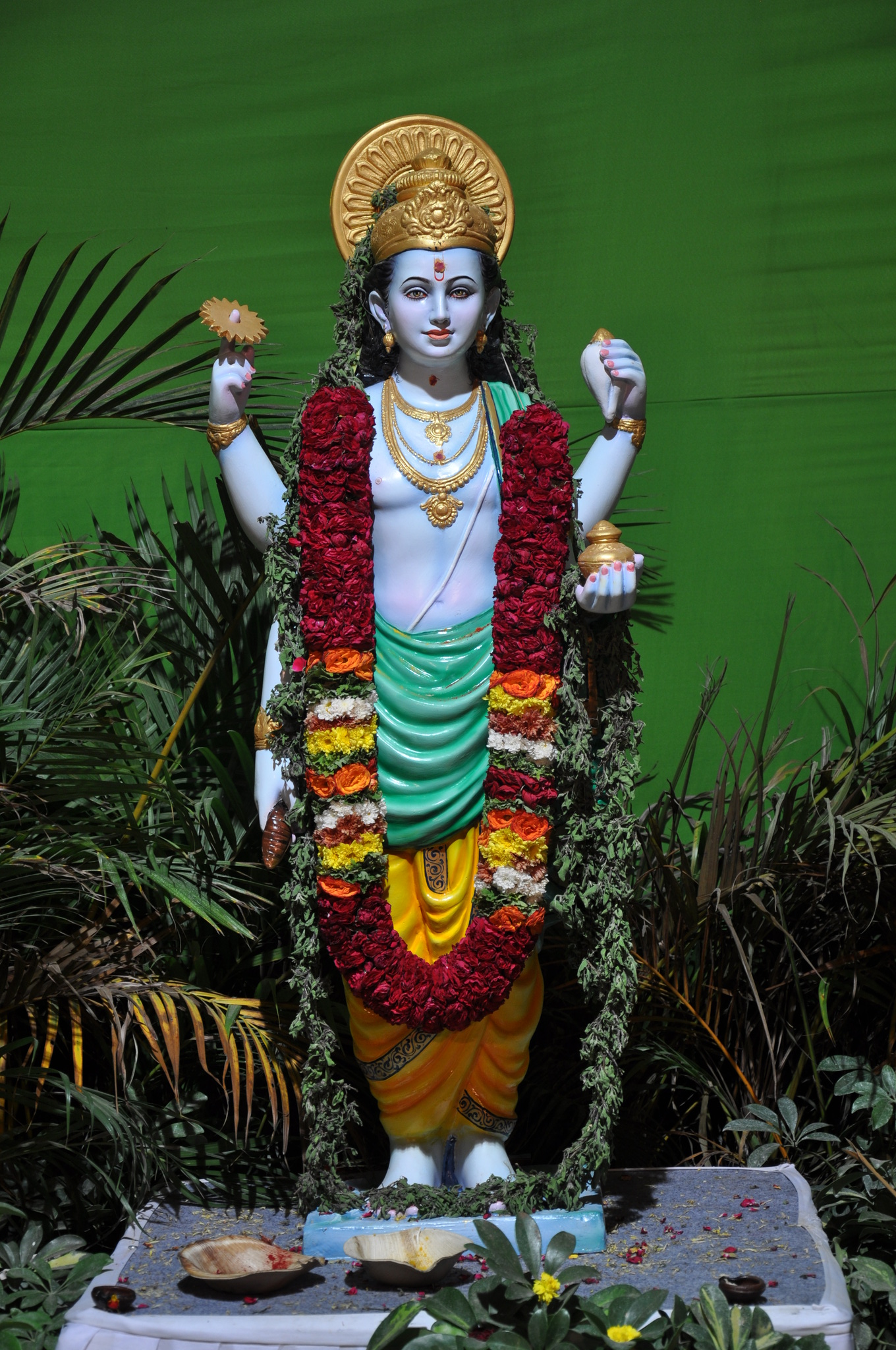The types of medicine that are not so orthodox got much popularity recently, and people seem to have ever more confidence in anciend types of medicine, ayurveda among them
Ayurveda is one of the terms almost everybody knows. It is the word in Sanskrit that means „life-knowledge“ and it has historical roots in the Indian subcontinent. It is, despite its almost poetic name, a system of medicine. Now that the Indian medicine got global, this new, globalised and modernised practices derived from Ayurveda traditions are a type of complementary or alternative medicine. Now, after the new revelations of the East made by hippies and New Age movement, the Western World is ready to accept it into the general wellness applications and integrate it, thus making the complete system of alternative medicine, and advanced wellness.
In fact, ayurveda therapies and practices are manifold. But as legends and religions say, „the main classical Ayurveda treatises begin with legendary accounts of the transmission of medical knowledge from the Gods to sages, and thence to human physicians“, so it is a kind of divine touch. There is Indian story how Dhanvantari, who was “greatest of the mighty celestial, incarnated himself as Divodāsa, a mythical king of Varanasi, who then taught medicine to a group of wise physicians, including Sushruta himself“. Well, that is why Dhanvantari is being celebrated as a god of ayurveda. Ayurveda names three elemental substances, the doshas (called Vata, Pitta and Kapha), and states that a balance of the doshas results in health, while imbalance results in disease.
In the material world, there are, as we mentioned, many ayurveda therapies and they have had a long way to get here: they were developed during 2000 years of practice and improvement. These therapies are usually relying upon complex herbal compounds, while treatises introduced mineral and metal substances (perhaps under the influence of early Indian alchemy. It gives almost mystical air to ayurveda and leads to two contradictory approaches: one, that it is not based upon facts, and therefore non-scientific. This is the traditional academic way of looking. The second way is that there must be something in it, even if we don’t know what. Many of the practices have been justified only much later. So it is good to apply it, won’t hurt anyway. West did not and does not have all the answers and has a lot of rationality. India has older wisdoms.
